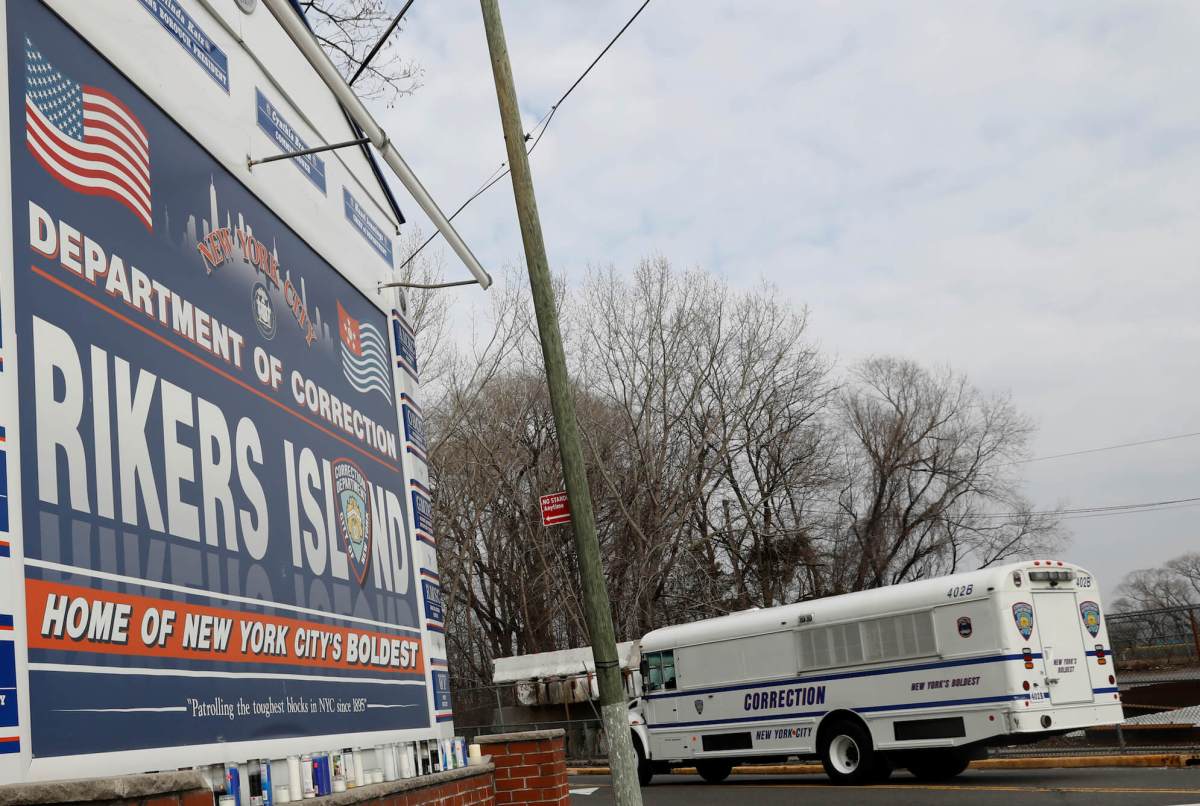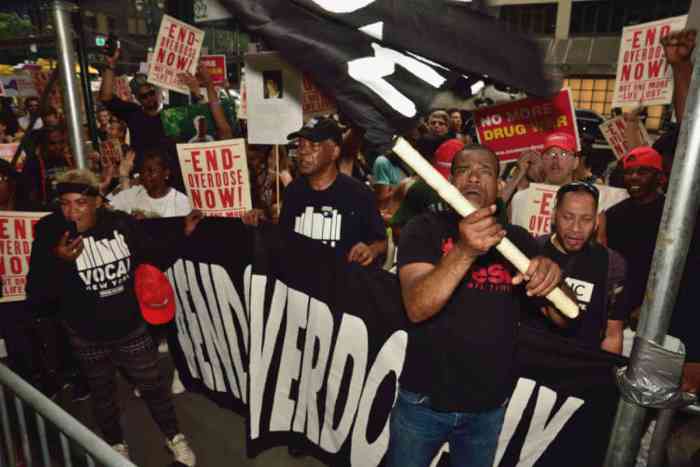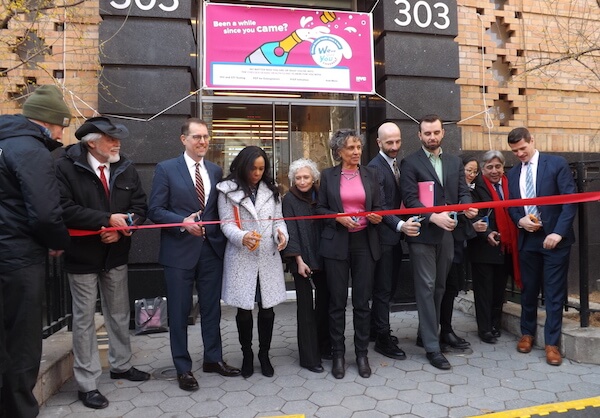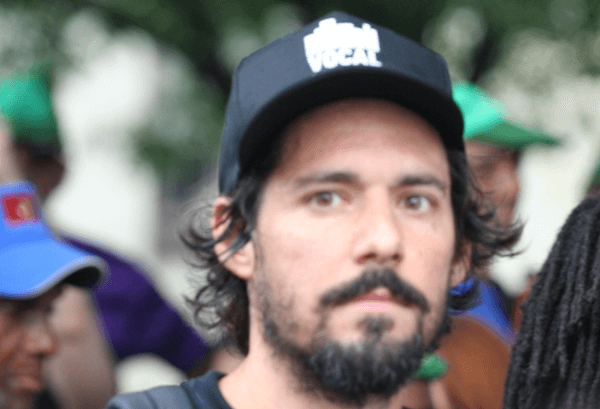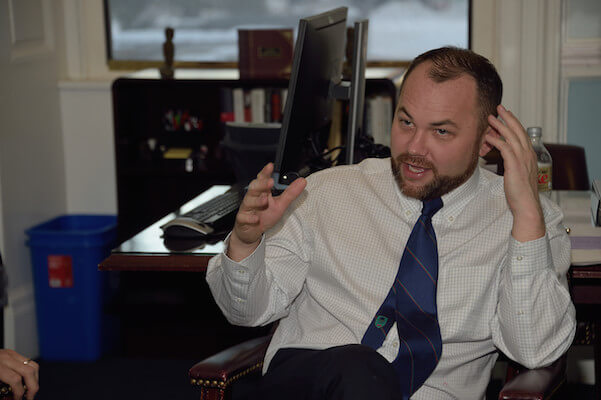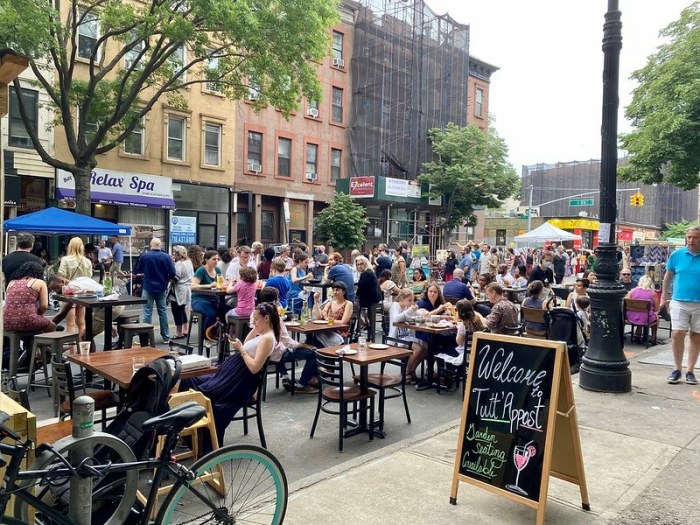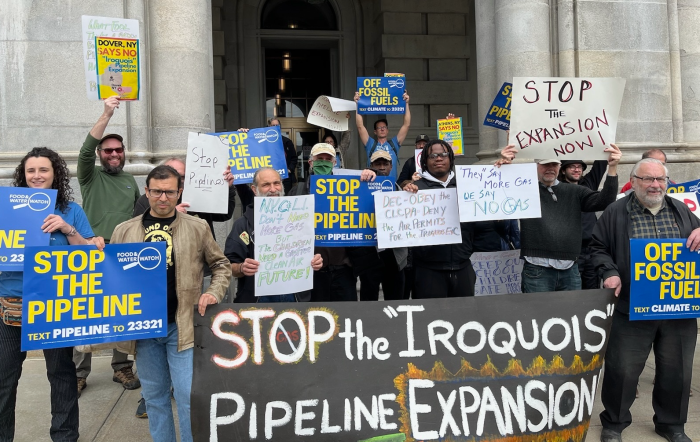Advocacy groups and elected officials have ramped up calls to release vulnerable and elderly individuals from custody and ensure that homeless folks receive the assistance they need in the face of a sudden health crisis poised to wreak havoc on communities for the foreseeable future.
For weeks, advocates have sounded alarms about the looming health dangers facing vulnerable incarcerated individuals who might have to endure unavoidable risks if COVID-19 is introduced into a prison setting. VOCAL-NY was among groups that issued a written statement as early as March 10 demanding that Governor Andrew Cuomo use his clemency power to release incarcerated New Yorkers vulnerable to coronavirus, including older people, pregnant women, and those with serious illnesses and compromised immune systems.
The city’s Department of Correction has tallied 39 cases of COVID-NY among those in custody and 21 cases among staff. Among others, the Legal Aid Society, the New York City Board of Corrections, and Congressmembers Hakeem Jeffries, Jerrold Nadler, and Nydia Velázquez have called for action to remove vulnerable populations from custody, and those House members have asked US attorneys and courts to explore which individuals could be eligible for release under the current unprecedented circumstances.
There is also attention on the plight of individuals in custody of Immigration and Customs Enforcement (ICE), which was already tied to poor living conditions before the coronavirus outbreak. The Bronx Defenders and the Legal Aid Society on March 23 filed for a temporary restraining order intended to bring about the release of ICE clients who are at most at risk of contracting coronavirus.
Mayor Bill de Blasio announced at a March 23 press conference that 75 people have been released from city jails, with up to 200 more releases forthcoming pending a review process. He also said the city is increasing healthcare services for those in city custody and stressed that there is a great deal of space available on Rikers Island because of the reduction in the city’s jail population in recent years.
At a separate presser, Cuomo announced he would consider granting clemency to certain incarcerated individuals, but additional details were not provided and a spokesperson for the governor did not return requests for further information about that on March 23.
In the meantime, inmates at Rikers have begun to take actions of their own to push back against official inaction on the coronavirus risk. At least 45 inmates are refusing to leave their dorms for work duties or meals, citing the lack of personal protective equipment and cleaning supplies for inmates as well as their crowded living conditions — which are at odds with the social distancing taking place on the outside. The inmates are demanding that all folks be released if they are over 50, are at high risk due to health conditions, or are sentenced to less than one year.
The COVID-19 crisis has also taken a toll on homeless communities throughout the five boroughs and beyond. Many non-profit organizations accustomed to providing in-person services are now limited in their ability to assist homeless folks who continue to face housing insecurity and other dire circumstances. The further marginalization of those populations could leave them at increased risk of contracting coronavirus.
VOCAL-NY, Communities United for Police Reform, Neighbors Together, human.nyc, Picture the Homeless, and Safety Net Activists at the Urban Justice Center offered specific recommendations in an open letter to Cuomo and de Blasio: Immediately provide services to folks living on the street; stop law enforcement sweeps, diversion, and targeting homeless people; offer fresh, healthy, nutritious food; utilize hotels by offering single rooms to homeless New Yorkers on the street and to shelter residents who live in multi-tenant dormitory settings; provide access to necessary healthcare services; and more.
“Homeless people are human beings: they are our family, friends, neighbors, and co-workers,” the joint letter stated. “Their lives are not disposable and their needs must be addressed with the same urgency and compassion as those who have housing… In the coming days, the city and state must take action to address immediate needs of homeless New Yorkers, or risk mass infection and lives lost throughout the community.”
The public discussion surrounding the plight of vulnerable populations during the crisis will continue in the coming days when VOCAL-NY joins the Release Aging People in Prison Campaign, which organizes action to assist incarcerated seniors, for a statewide virtual forum on COVID-19 and incarceration on March 25 from 7 p.m. to 9 p.m. Register for the forum here.

